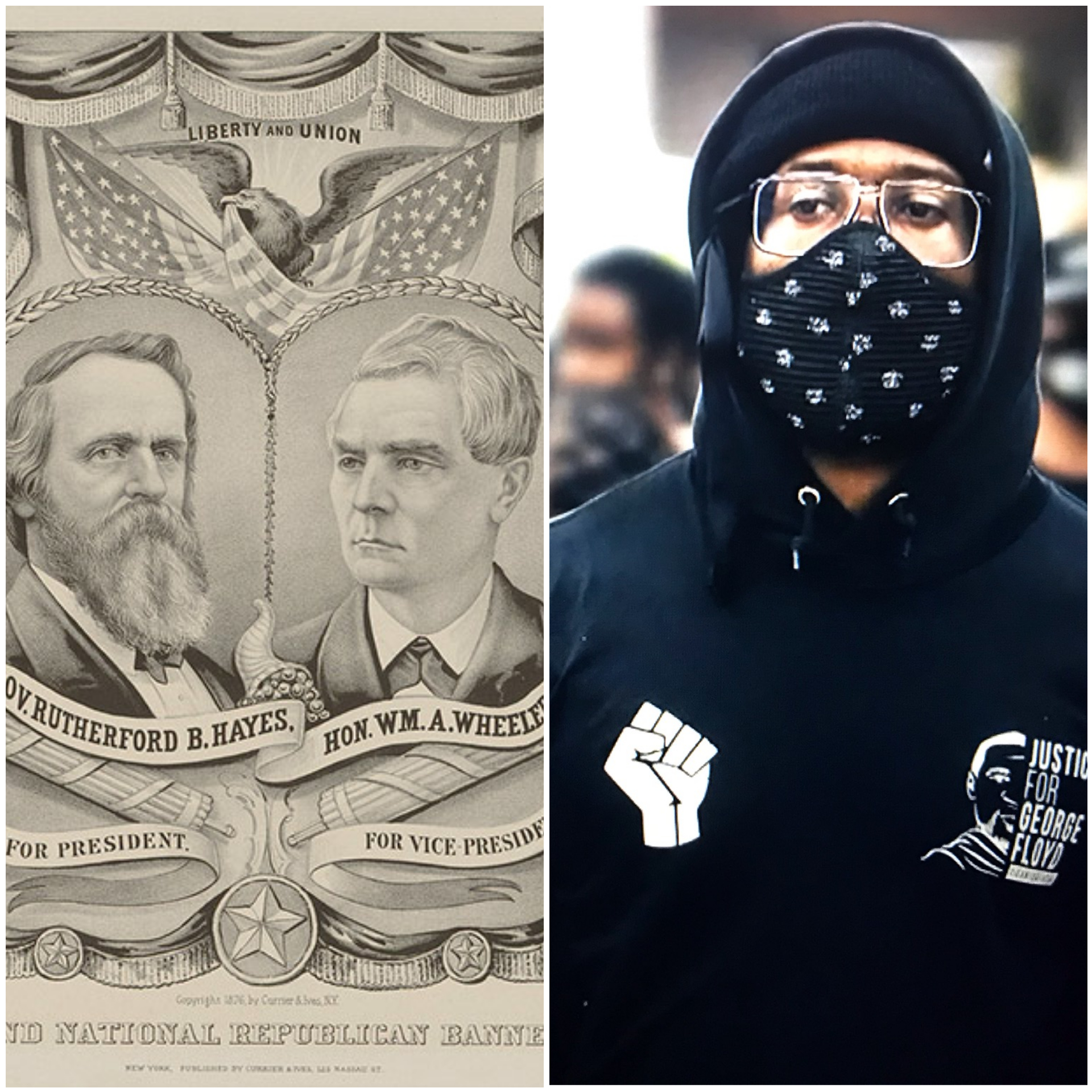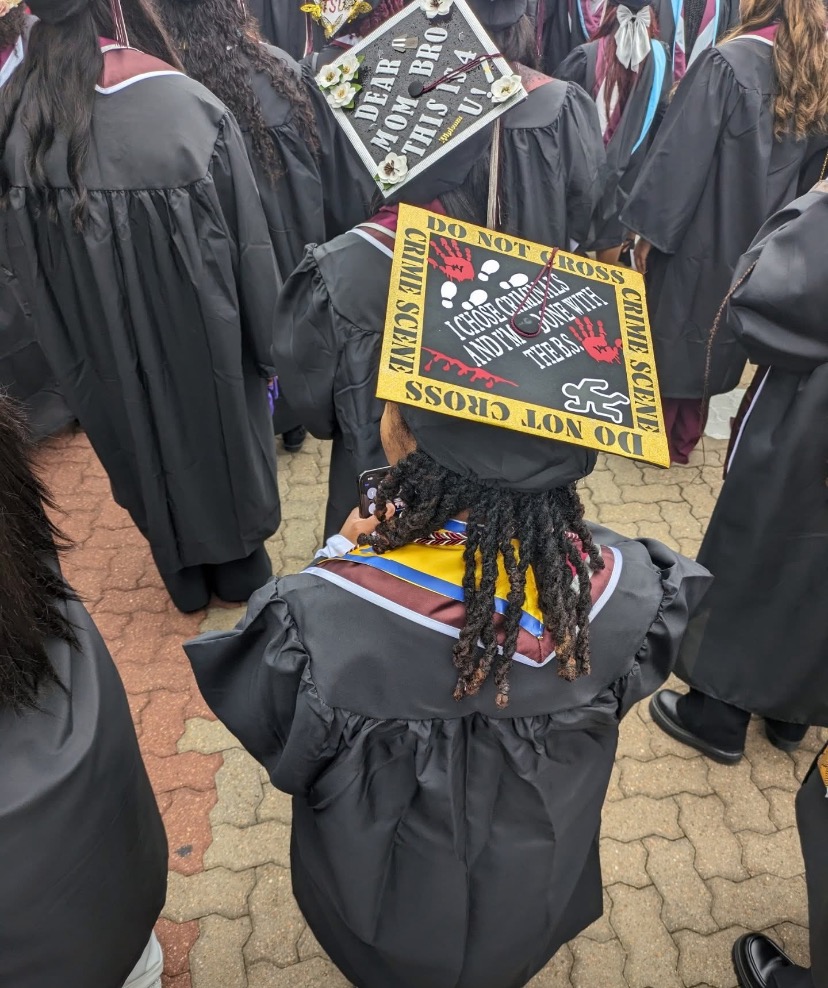Historians and political scientists are turning to the past
to frame the discussion about the more than 50 million Americans who have
already voted before Election Day, many of whom have stood in line for hours.
Media outlets are comparing an obviously energized electorate to the percentage
of voters who participated in the elections after the Civil War, but at least
one political scientist, Dr.
Sekou Franklin of Middle Tennessee State, hesitates to compare the percentages
of voter turnout.
“It’s much easier to make that conclusion if the voter
eligible population is very narrow and much smaller,” says Franklin. “So, I’m
very reluctant to do century-to-century or regional comparisons when the number
of eligible voters was much narrower than today.”
According to USA
Today, the nation “saw the highest eligible voter turnout rate, 82.6%, in
1876, when Republican Rutherford Hayes defeated Democrat Samuel Tilden. In
1860, when Abraham Lincoln defeated John Breckinridge, John Bell and Stephen
Douglas, 81.8% of eligible voters turned out.”
And voter turnout climbed above 80% in at least four other
elections in the 1800s.
Why So High
With the
passage of the 13th, 14th, and 15th Amendments, newly freed slaves embraced
their right to vote. Before the passage of the Amendment in 1869 granting Black
men the right to vote, voting rights advocates questioned the logic behind
disenfranchisement and pushed for the inclusion of Black men.
Delegates
attending the 1864 National Convention of Colored Men in Syracuse, New York
asked, “Are we good enough to use bullets, and not good enough to use ballots?”
Abolitionist Frederick Douglass attended the Convention and
said, “We are here to promote the freedom, progress, elevation, and perfect
enfranchisement, of the entire colored people of the United States; to show
that, though slaves, we are not contented slaves, but that, like all other
progressive races of men, we are resolved to advance in the scale of knowledge
, worth, and civilization, and claim our rights as men among men.”
And there was Congressional assistance in the effort. In
1867, Republicans in Congress passed a series of Reconstruction Acts,
overriding President Johnson’s veto. The first act required former Confederate
states to form new governments that enfranchised all “male citizens…twenty-one
years old and upward, of whatever race, color, or previous condition” before
they could be readmitted to the Union.
The next election saw Black men finally allowed to
participate at the polls which explains, in part, the high turnout numbers in 1868,
1872, and 1876.
Franklin points to the impact of what some historians call
“the squeeze” or in his words, “white voters in the South who were still
committed to the Confederate Cause.”
And he describes the 1876 election as “full of fraud and
voter intimidation, particularly talking about African American voters.”
It was the 1877
Compromise when newly elected Republican President Hayes struck a deal to
clinch the White House which included removing federal troops from southern states
that ushered in the end of Reconstruction.
More than a century after that fateful 1876 election,
Franklin cites the issues of today as offering the most striking historical
parallels.
“Those were elections in which race and federalism were at
the front and center,” he says. “And so I think, if you were to look at the
election today and what may be animating in the electorate, on the one hand,
you have Black and Latinx voters, perhaps…at least Black voters, some
Latinx…and still a pretty dogmatic, white racial grievance that’s gravitated
towards Trump. That those things are animated in that election as they were
animating in the election in the late 19th century.”


 Black History5 years ago
Black History5 years ago
 Black History6 years ago
Black History6 years ago
 Black History4 years ago
Black History4 years ago
 Black History5 years ago
Black History5 years ago
 Black History5 years ago
Black History5 years ago
 Black History6 years ago
Black History6 years ago
 Black History9 years ago
Black History9 years ago
 Black History5 years ago
Black History5 years ago


























